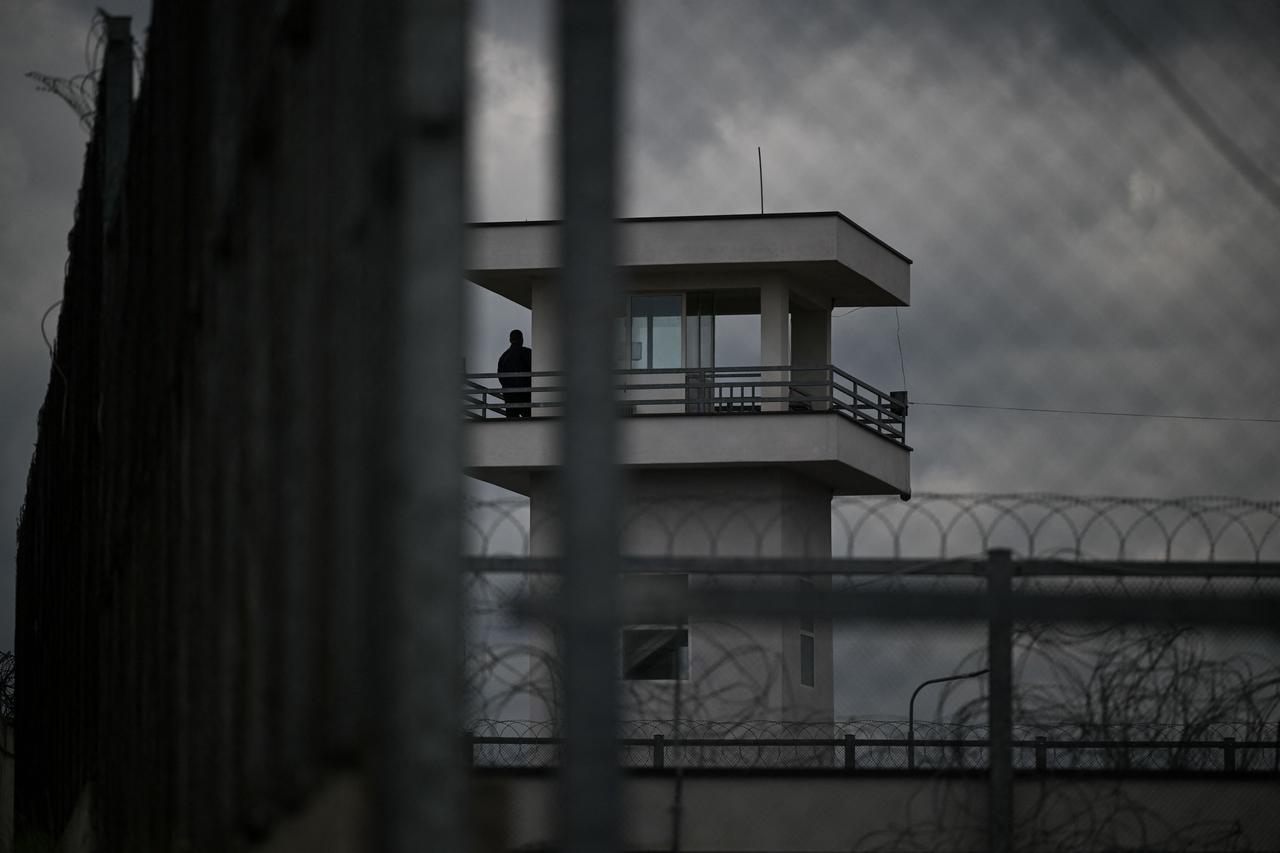
Denmark will relocate up to 300 foreign convicts to a prison in Kosovo by 2027 under a 200-million-euro agreement that has drawn scrutiny from human rights organizations and local communities while attracting attention from other European nations grappling with prison overcrowding.
The arrangement, first reached in 2022 and ratified by Kosovo's parliament in 2024, marks an unprecedented experiment in cross-border prisoner management that could reshape how European Union countries handle their incarcerated populations.
Under the terms, Denmark will pay approximately $230 million—more than six times Kosovo's annual justice ministry budget—to house foreign nationals convicted in Danish courts.
The transferred prisoners cannot have been sentenced to terrorism or war crimes and must not suffer from mental illness or terminal diseases. Upon completing their sentences, inmates will be deported to their countries of origin.
The designated facility sits in Pasjak village, roughly 30 miles southeast of Kosovo's capital, Pristina. The red-brick prison, surrounded by high walls topped with barbed wire and watchtowers, will undergo renovations to meet Danish correctional standards.
The initiative has caught the attention of international monitoring bodies. The U.N. Committee Against Torture and the European Committee for the Prevention of Torture have expressed concerns about the arrangement.
The project has generated unease among Pasjak's approximately 1,500 residents, who say they were not consulted about the plan.
"We don't know who they will bring or if they will pose a threat to the village," said Zeke Zeka, a 57-year-old farmer and deputy village chief. "If they were good, Denmark would keep them and not transfer them out of the country."
His wife, Hasime, expressed resignation while hanging laundry near their home.
"It can't be helped. We weren't asked," the 57-year-old said.
Prison staff have also voiced concerns about working under Danish oversight while maintaining their current salaries.
"We will continue to work for the same pay but under a Danish regime, which is therefore more demanding and whose standards are among the highest in Europe," one guard told Agence France-Presse (AFP) during a facility tour.
Other European governments facing prison capacity shortages are watching the Denmark-Kosovo arrangement closely.
French President Emmanuel Macron recently stated that prisoner relocation was "not taboo," while Sweden announced Tuesday it was exploring renting prison space in Estonia.
In April, Denmark appointed senior official Mads Beyer to co-direct the Kosovo facility alongside local authorities. Beyer confirmed his role involves ensuring "prisoners serve their sentences under Danish rules and under conditions similar to those applied in Danish prisons."
Kosovo's prison system currently houses about 1,800 inmates in facilities designed for 2,500, providing the excess capacity that makes such arrangements feasible.
"Unlike the majority of European states that are facing prison overcrowding, we have sufficient capacity," explained Ismail Dibrani, director of the Kosovo Correctional Service.
The facility will be adapted to include workshops where prisoners can engage in printing, sewing, and design work, reflecting Danish rehabilitation approaches.
Since the agreement's signing, Kosovo has received multiple inquiries from other European countries seeking similar arrangements, according to Dibrani.
"We received several requests from European countries for huge sums of money. But we haven't discussed it yet," he said, adding that Kosovo remains focused on domestic priorities.
The renovated prison is expected to begin operations by 2027, potentially establishing a precedent for how European nations manage foreign-born prisoners while addressing overcrowding in their domestic correctional systems.